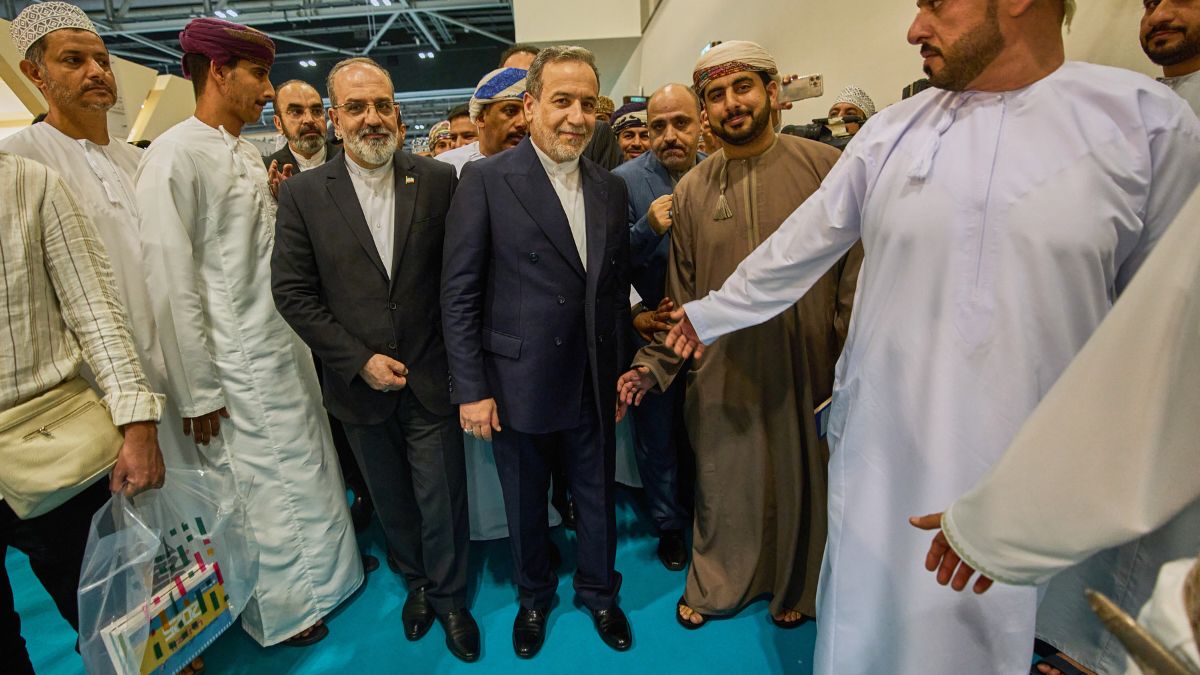The United States and Iran reported making progress in their latest nuclear negotiations on Saturday and agreed to continue discussions next week in an effort to reach an agreement that could ease rising tensions in the Middle East.
A US official described the talks as “positive and productive,” while Iran’s foreign minister said both sides would work on narrowing their differences ahead of a fourth round of talks.
The highest-level contact in years between the long-time foes is targeting a new deal that would stop Iran from developing nuclear weapons – an objective Tehran denies pursuing – in return for relief from sanctions.
“There is still much to do, but further progress was made on getting to a deal,” the senior US official said on condition of anonymity, adding that the next talks would be in Europe.
Iranian Foreign Minister Abbas Araghchi called Saturday’s talks, which included technical-level teams for the first time, “serious and businesslike”.
“There are differences both in the major issues and in the details,” he told Iranian state TV.
“Until the next meeting, further studies are to be conducted in the capitals on how to reduce the differences.”
Araghchi added: “I think our progress has been good so far. I am satisfied with the process of the negotiation and its speed. I think it is proceeding well and satisfactorily.”
Impact Shorts
More ShortsNegotiations between the two countries on a potential nuclear deal will continue with a fourth round next week, mediator Oman’s foreign minister said on Saturday.
‘Minute details’
US special envoy Steve Witkoff again led the American delegation while Michael Anton, the State Department’s head of policy planning, headed the US expert-level negotiators.
Deputy foreign ministers Kazem Gharibabadi and Majid Takht-Ravanchi led Tehran’s technical team, according to Iran’s Tasnim news agency.
The delegations were in separate rooms and communicated in writing via the hosts, Iranian foreign ministry spokesperson Esmaeil Baqaei and Araghchi said.
“The expert and technical talks… reached the stage of minute details about mutual demands and expectations,” an Iranian state TV reporter said.
Iran’s defence and missile capabilities were not discussed, Baqaei told state TV, while an Iranian negotiator said the talks were “uniquely about sanctions and nuclear questions”, according to Tasnim.
Araghchi had earlier expressed “cautious optimism”, saying this week: “If the sole demand by the US is for Iran to not possess nuclear weapons, this demand is achievable”.
The talks coincided with a major blast at Iran’s Shahid Rajaee port that injured hundreds of people and killed at least four, state media reported.
The port’s customs office said it probably resulted from a fire in a storage depot.
Before the talks, Trump, in an interview published Friday by Time magazine, reiterated his threat of military action if a deal fell through.
But he added that he “would much prefer a deal than bombs being dropped”. The talks began in Muscat a fortnight ago and continued in Rome last Saturday.
With inputs from agencies
)